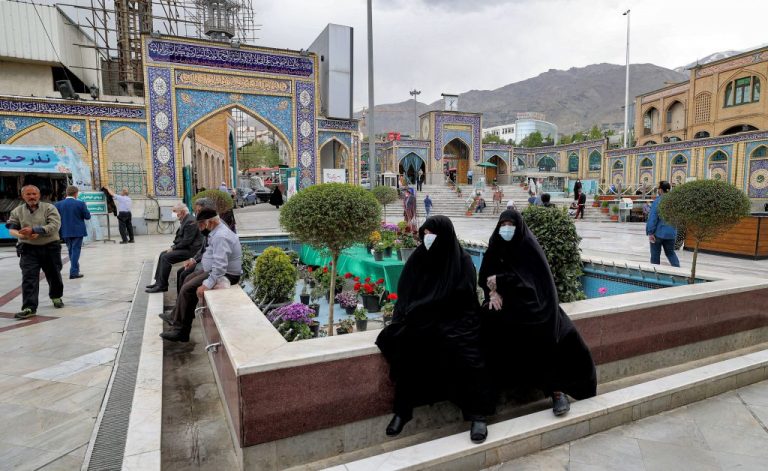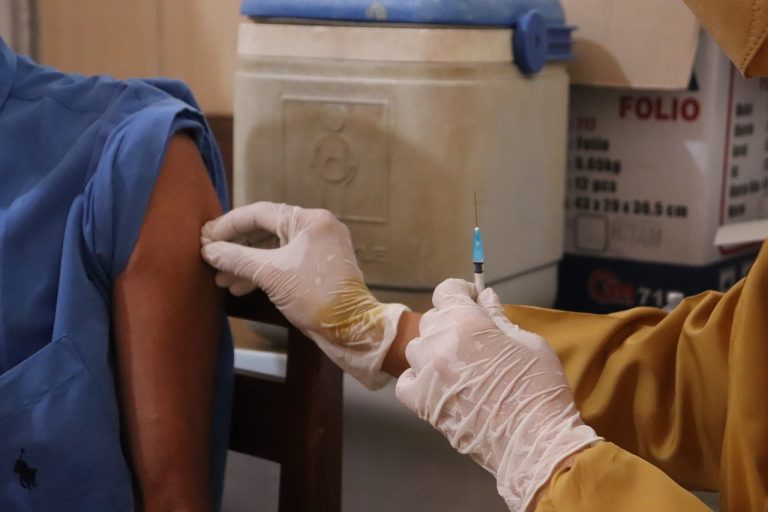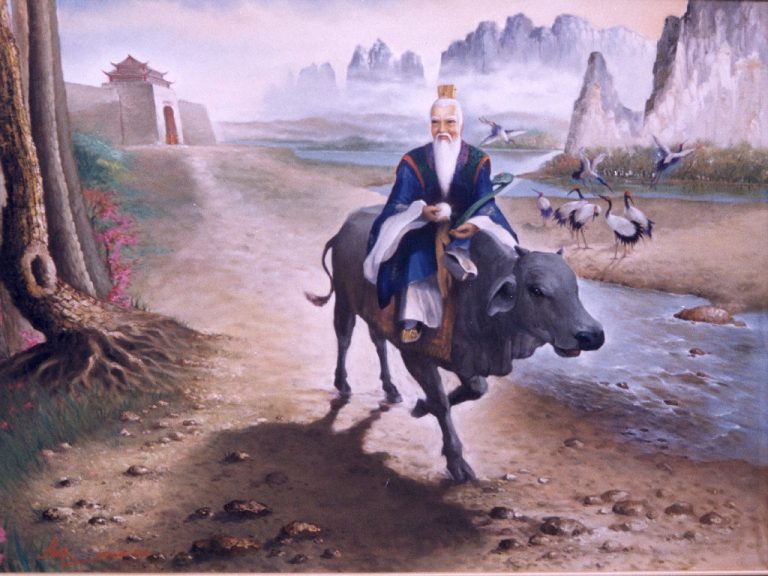The extremist dictatorship of Iran has been elected to the UN Commission on the Status of Women (CSW) for a four-year term after a vote held on April 20. The Iranian regime will sit on the Commission next to China, Japan, Lebanon, and Pakistan.
The Islamic regime earned 43 votes from the 54 member states comprising the UN Economic and Social Council (ECOSOC). Geneva-based human rights group, UN Watch, determined that at least four out of the 15 Western democracies on the Council voted in favor of adding Iran to the Commission.
While the vote was performed through a secret ballot, the list of democratic countries which may have voted in favor include Australia, Austria, Canada, Bulgaria, Finland, France, Latvia, Germany, Luxembourg, the Netherlands, Norway, Switzerland, Portugal, the United Kingdom, and the United States.
On the CSW website, the Commission proclaims itself as the principal global intergovernmental body exclusively dedicated to promoting gender equality and women’s empowerment. It purports its purpose is to promote women’s rights, document the reality of women’s lives throughout the world, and shape global standards on gender equality and women’s empowerment.
Iran’s Islamic republic enforces discrimination and brutality based on gender, according to a report by the United States Institute of Peace. Under the regime’s Sharia Law, married women are prohibited from traveling without the consent of their husbands, women are barred from political participation, and all women are required to wear the hijab (head covering). The government has done little to protect basic human rights for women, such as freedom of speech and freedom of association and assembly, drawing outrage from human rights activists.
Success
You are now signed up for our newsletter
Success
Check your email to complete sign up
In Iran, the legal age for a woman to marry is only 13. However, Iranian law allows a child to be given away as young as 9 with parental consent.
Hillel Neuer, Executive Director of UN Watch said in an article on the organization’s website, “Electing the Islamic Republic of Iran to protect women’s rights is like making an arsonist into the town fire chief.”
“It’s absurd—and morally reprehensible. This is a black day for women’s rights, and for all human rights.”
Masih Alinejad, an Iranian women’s rights activist, tweeted, “This is surreal.”
“A regime that treats women as second class citizens, jails them for not wearing the compulsory hijab, bans them from singing, bars them from stadiums and doesn’t let them travel abroad without the permission of their husbands gets elected to the U.N.’s top women’s rights body,” added Alinejad.
In March of this year, UN Special Rapporteur on human rights in Iran, Javaid Rehman, said during his annual address to the Human Rights Council that “egregious gender-based discrimination persists in law, practice and societal attitudes” in Iran. Rehman added these corrupt practices are only “disempowering women and girls from participating and contributing in society.”













